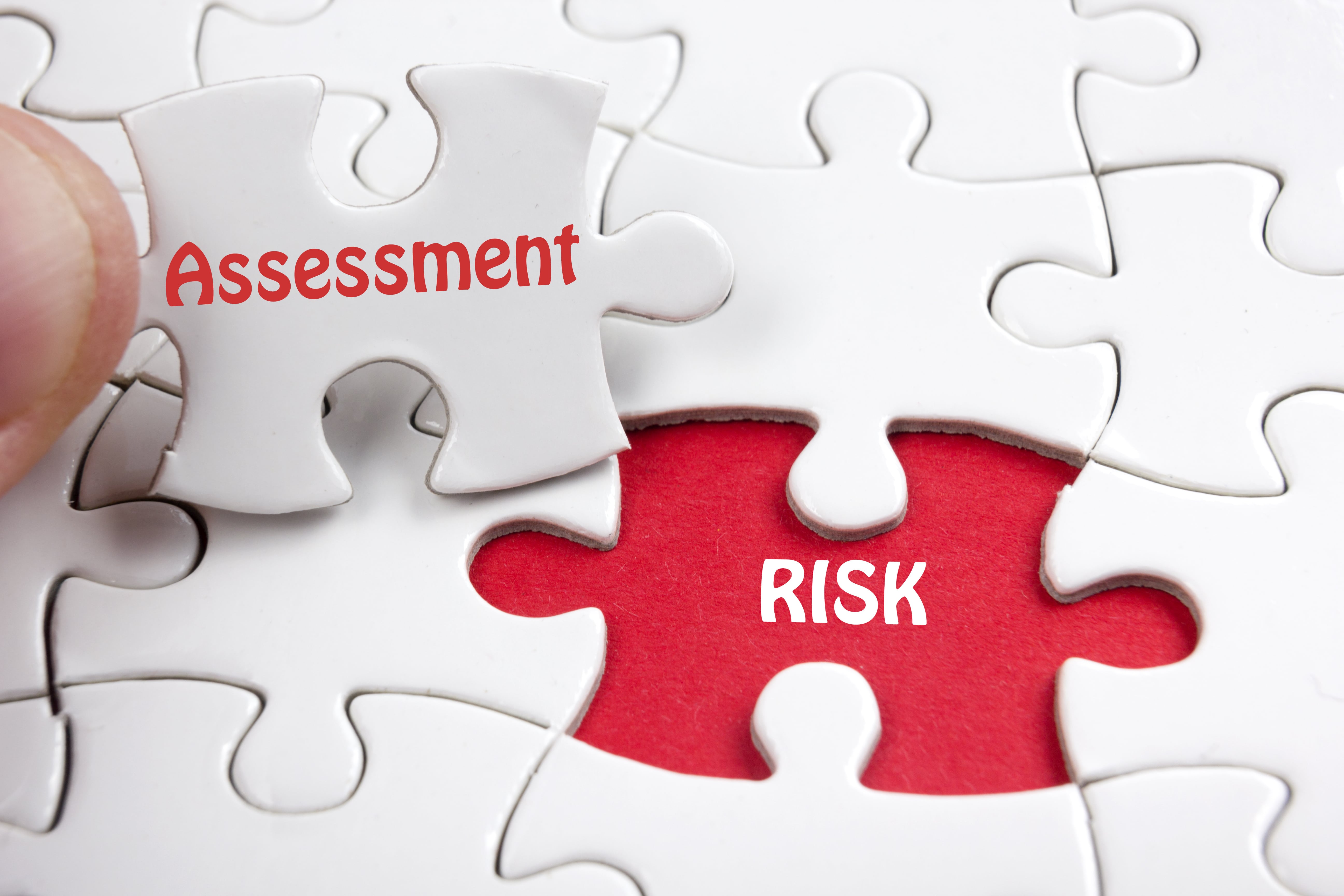As a homeowner, one of the most important things you can do to protect your property and your wallet is to assess your home’s risk for insurance purposes. But, what exactly does that mean? And how do you do it? Let’s dive in and take a closer look.

Your home’s risk is essentially a measure of how likely it is to experience damage or loss due to various factors such as natural disasters, accidents, or other unforeseen events. Insurance companies use this information to determine your premium rates and to decide whether or not to insure your property at all. As a homeowner, it’s essential to have a clear understanding of your home’s risk, so you can take steps to mitigate it and avoid higher insurance costs.
Here are the key areas to focus on when assessing your home’s risk:
-
Location, Location, Location: Where you live plays a significant role in determining your home’s risk. Areas prone to natural disasters such as earthquakes, hurricanes, or wildfires are considered higher-risk. Even if you’re not in a high-risk zone, being near a body of water or in a low-lying area can increase the risk of flooding. Take a look at your neighborhood and local environment to identify any potential risks.
-
Your Home’s Age and Condition: The age and condition of your home can significantly impact its risk. Older homes or those that have been neglected can be more prone to damage or loss. Check for any signs of wear and tear, such as cracks in the foundation, broken roof tiles, or outdated electrical systems.
-
Electrical and Plumbing Systems: Outdated or poorly maintained electrical and plumbing systems can increase the risk of fires, electrical shocks, or water damage. Make sure your systems are up to code and have been inspected recently.
-
The Roof: Your roof is your home’s first line of defense against the elements. A well-maintained roof can help prevent damage from weather-related events. Check for missing or damaged shingles, curled or buckled shingles, or signs of wear around chimneys, vents, or skylights.
-
Trees and Vegetation: Trees and vegetation can be beautiful additions to your property, but they can also pose a risk if not properly maintained. Overgrown branches can cause damage to your roof or walls, and dead trees can fall, causing significant damage.
-
Swimming Pool, Hot Tub, or Trampoline: If you have a swimming pool, hot tub, or trampoline, you may be increasing your home’s risk. These items can be attractive nuisances and may increase the risk of accidents.
-
Home Security: Good home security can significantly reduce the risk of theft and vandalism. Make sure you have a reliable security system, deadbolt locks, and outside lighting to deter potential intruders.
-
Fire Risk: Fire can be a significant risk for homeowners. Take steps to reduce the risk by ensuring you have working smoke detectors, keeping flammable materials away from heat sources, and having a fire extinguisher on hand.
-
Terrorism and Civil Unrest: Although rare, terrorism and civil unrest can be a risk for homeowners. If you live in an area prone to these types of events, consider the potential impact on your property.




